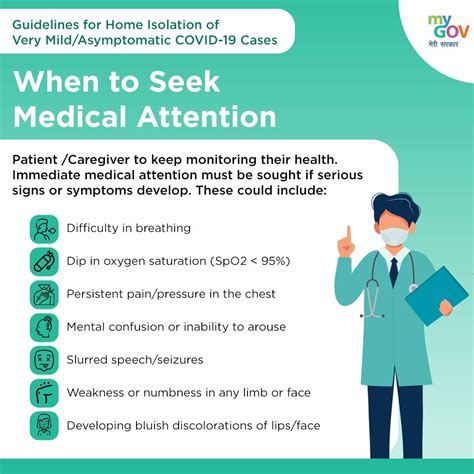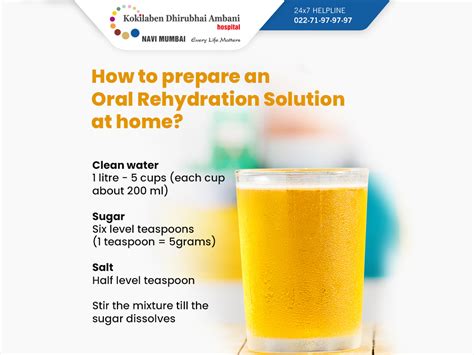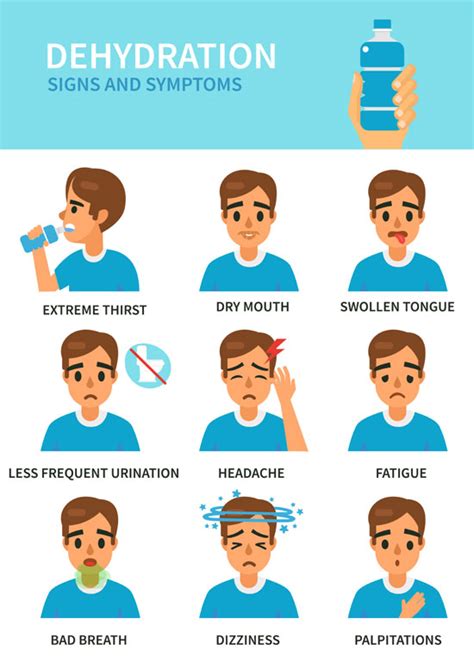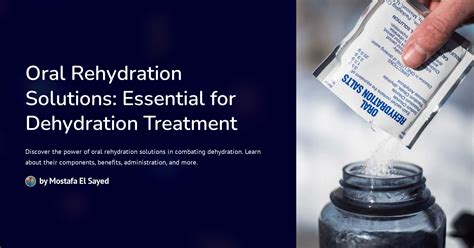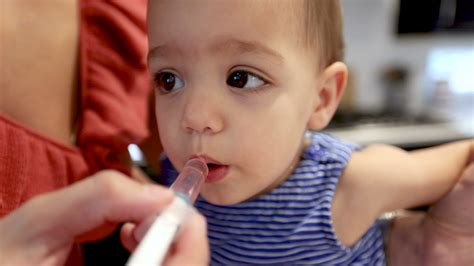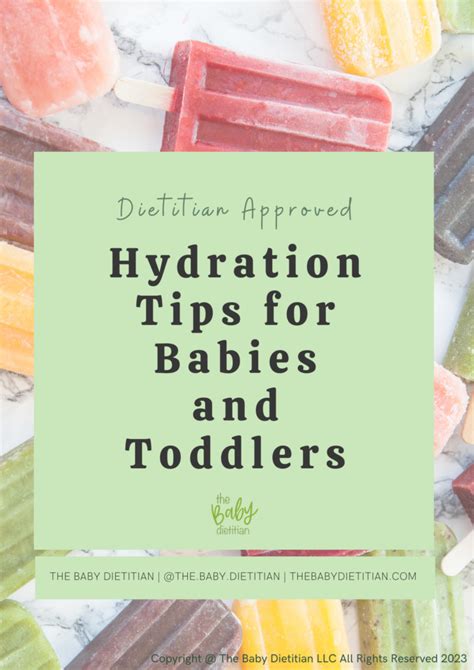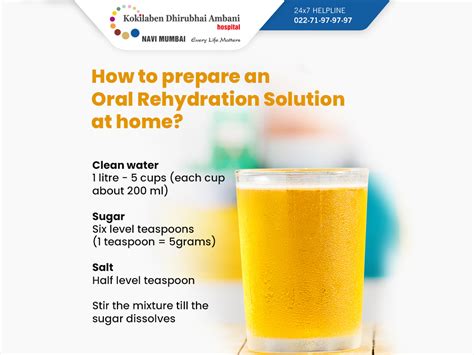Intro
Learn 5 essential tips for infant oral rehydration, including electrolyte balance, hydration solutions, and feeding techniques to prevent dehydration in babies, promoting healthy oral rehydration and wellness.
Infant oral rehydration is a crucial aspect of childcare, particularly when it comes to managing dehydration caused by diarrhea, vomiting, or fever. As a parent or caregiver, it's essential to understand the importance of oral rehydration and how to administer it effectively to your little one. In this article, we'll delve into the world of infant oral rehydration, exploring its benefits, working mechanisms, and providing you with practical tips to ensure your baby stays hydrated and healthy.
Oral rehydration solutions (ORS) are specially designed to help replace lost fluids, electrolytes, and salts in the body. These solutions are easy to digest and can be administered orally, making them an excellent option for infants who are experiencing dehydration. The World Health Organization (WHO) recommends ORS as the primary treatment for mild to moderate dehydration in children, including infants. By using ORS, you can help your baby recover quickly and prevent complications associated with dehydration.
The importance of infant oral rehydration cannot be overstated. Dehydration can lead to severe health complications, including seizures, brain damage, and even death. As a parent, it's vital to recognize the signs of dehydration in your baby, such as dry mouth, fewer wet diapers, sunken eyes, and irritability. If you suspect your baby is dehydrated, it's essential to seek medical attention immediately. However, in most cases, oral rehydration can be done at home with the right guidance and support.
Understanding Oral Rehydration Solutions
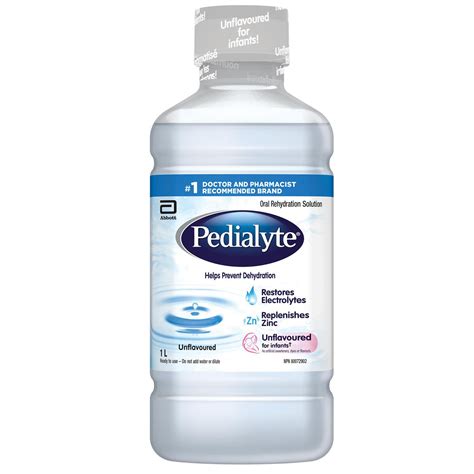
Oral rehydration solutions are available in various forms, including powders, tablets, and pre-mixed liquids. When choosing an ORS for your baby, it's essential to select a product that meets the WHO's standards for electrolyte content and osmolality. You can also make your own ORS at home using a simple recipe that includes water, salt, and sugar. However, it's crucial to follow the recipe carefully to ensure the solution is safe and effective for your baby.
Benefits of Oral Rehydration
The benefits of oral rehydration are numerous, and they include: * Replacing lost fluids and electrolytes * Reducing the risk of dehydration complications * Promoting quick recovery from illness * Being easy to administer and digest * Being a cost-effective treatment option5 Tips for Infant Oral Rehydration
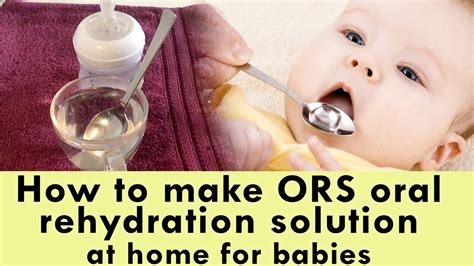
Now that we've explored the importance and benefits of oral rehydration, let's dive into some practical tips to help you administer ORS to your baby effectively. Here are five tips to get you started:
- Choose the right ORS: Select an ORS that meets the WHO's standards for electrolyte content and osmolality. You can choose from powders, tablets, or pre-mixed liquids, depending on your preference and what's available.
- Follow the instructions: Always follow the instructions provided with the ORS product or recipe. This will ensure you're preparing the solution correctly and giving your baby the right amount.
- Administer the ORS slowly: Give your baby small amounts of ORS at a time, allowing them to drink slowly over a period of 3-4 hours. This will help prevent vomiting and ensure the solution is absorbed effectively.
- Monitor your baby's progress: Keep a close eye on your baby's condition, watching for signs of improvement or worsening dehydration. If you're concerned about your baby's health, seek medical attention immediately.
- Combine with breastfeeding or formula feeding: If your baby is breastfeeding or formula feeding, continue to offer breast milk or formula in addition to the ORS. This will help provide essential nutrients and support your baby's overall health.
Common Mistakes to Avoid
When administering ORS to your baby, there are some common mistakes to avoid. These include: * Giving your baby too much ORS at once, which can lead to vomiting * Using the wrong ratio of water to ORS powder or tablets * Failing to monitor your baby's progress and seeking medical attention when needed * Not combining ORS with breastfeeding or formula feedingRecognizing the Signs of Dehydration
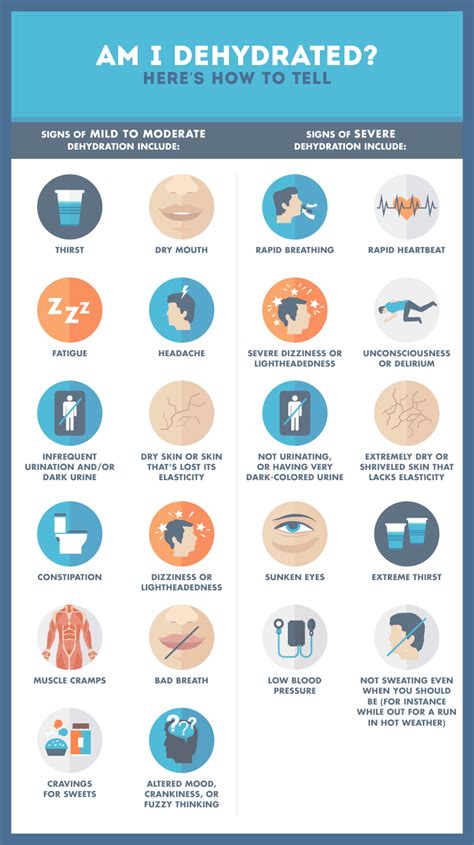
Recognizing the signs of dehydration in your baby is crucial to providing timely and effective treatment. Some common signs of dehydration in infants include:
- Dry mouth and tongue
- Fewer wet diapers
- Sunken eyes
- Irritability or restlessness
- Lethargy or lack of energy
- Vomiting or diarrhea
If you notice any of these signs, it's essential to seek medical attention immediately. Your healthcare provider can assess your baby's condition and provide guidance on the best course of treatment.
Preventing Dehydration in Infants
Preventing dehydration in infants is always better than treating it. Here are some tips to help keep your baby hydrated and healthy: * Offer breast milk or formula regularly * Provide additional fluids, such as water or ORS, during hot weather or when your baby is ill * Monitor your baby's urine output and stool frequency * Avoid giving your baby sugary drinks or juices, which can exacerbate dehydrationConclusion and Next Steps

In conclusion, infant oral rehydration is a critical aspect of childcare, and it's essential to understand the benefits, working mechanisms, and practical tips for administering ORS effectively. By following the tips outlined in this article and recognizing the signs of dehydration, you can help keep your baby hydrated and healthy. Remember to always seek medical attention if you're concerned about your baby's health, and don't hesitate to reach out to your healthcare provider for guidance and support.
We hope this article has provided you with valuable insights and practical advice on infant oral rehydration. If you have any questions or concerns, please don't hesitate to comment below. Share this article with your friends and family to help spread awareness about the importance of oral rehydration in infants.
What is the best oral rehydration solution for infants?
+The best oral rehydration solution for infants is one that meets the WHO's standards for electrolyte content and osmolality. You can choose from powders, tablets, or pre-mixed liquids, depending on your preference and what's available.
How do I administer oral rehydration solution to my baby?
+Administer the oral rehydration solution slowly, giving your baby small amounts at a time. Allow them to drink slowly over a period of 3-4 hours, and monitor their progress closely.
What are the signs of dehydration in infants?
+The signs of dehydration in infants include dry mouth and tongue, fewer wet diapers, sunken eyes, irritability or restlessness, lethargy or lack of energy, and vomiting or diarrhea.
Can I make my own oral rehydration solution at home?
+Yes, you can make your own oral rehydration solution at home using a simple recipe that includes water, salt, and sugar. However, it's crucial to follow the recipe carefully to ensure the solution is safe and effective for your baby.
When should I seek medical attention for my baby's dehydration?
+Seek medical attention immediately if you suspect your baby is dehydrated. If your baby shows signs of severe dehydration, such as seizures, brain damage, or difficulty breathing, call emergency services or seek immediate medical attention.
